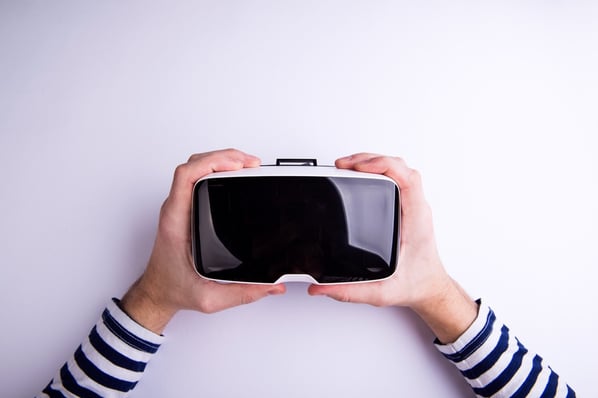
The CRE community is watching for impactful technology trends in retail, especially as the release of 2017 first quarter reports spurs another hefty round of Wall Street exchanges. "We will see more disruption in the next 10 years of retail than we did in the previous 1,000,” said Doug Stephens, founder of Retail Prophet.
While trends in any industry have the potential to influence markets, there are always opportunities to take advantage of coming change. With 2018 looming, industry leaders are pointing to the following three trends set to impact retail:
AI and machine learning
Part of the automation wave sweeping across many industries, AI and machine learning also stands to impact the retail industry in significant ways. Working hand-in-hand to both learn and replicate human behavior, these two technological advances are already being used to enhance customer experience in retail. However, as Wealth Daily reports, “The level of automation that will come in the next 10-30 years will bring a massive wave of both economic destruction and prosperity.” Conversational AI platforms (CAPs) are being developed now to introduce new paradigms of advanced analytics and intelligence where conversational applications will be used to an even greater extent in 2018.
AR, VR, and 3D-graphics
Retailers like Lowe’s and Gap have already started experimenting with these mixed-reality platforms. Experiential retail – a trend itself resulting from traditional retailers adapting to shifts in consumer expectations – included AR and VR technologies that immerse shoppers into shopping. With platforms like Tango and Marxent leading the way in providing mixed-reality applications in 2017, the mainstreaming of AR and VR in 2018 expects to further enhance customer experience while improving brand awareness for retailers.
Mobility
Mobile commerce, according to Smart Insights, is expected to double and become a $250 billion market by 2020. There are several tech trends in this category that CRE professionals are watching for 2018. In the area of mobility, retailers will continue to be affected by rapid smartphone growth and expansion, analytics and predictive technologies, hybrid solutions, wearable tech, and geo/location-based programming. Even payment solutions will be altered by mobile technology, as Starbucks and Apple are embracing even now. Forbes reports, “By 2020, not only will more transactions take place via our mobile devices, whether it's our smartphones or wearable technology leveraging near-field communication (NFC) technology, we'll also see the emergence of even more streamlined payment experiences.” Like other technologies discussed here, mobile commerce trends have the potential to transform how retailers and consumers interact. The potential to reap benefits is strong. Retailers can plan now how to leverage these technologies to their advantage, and look to 2018 with excitement instead of worry.